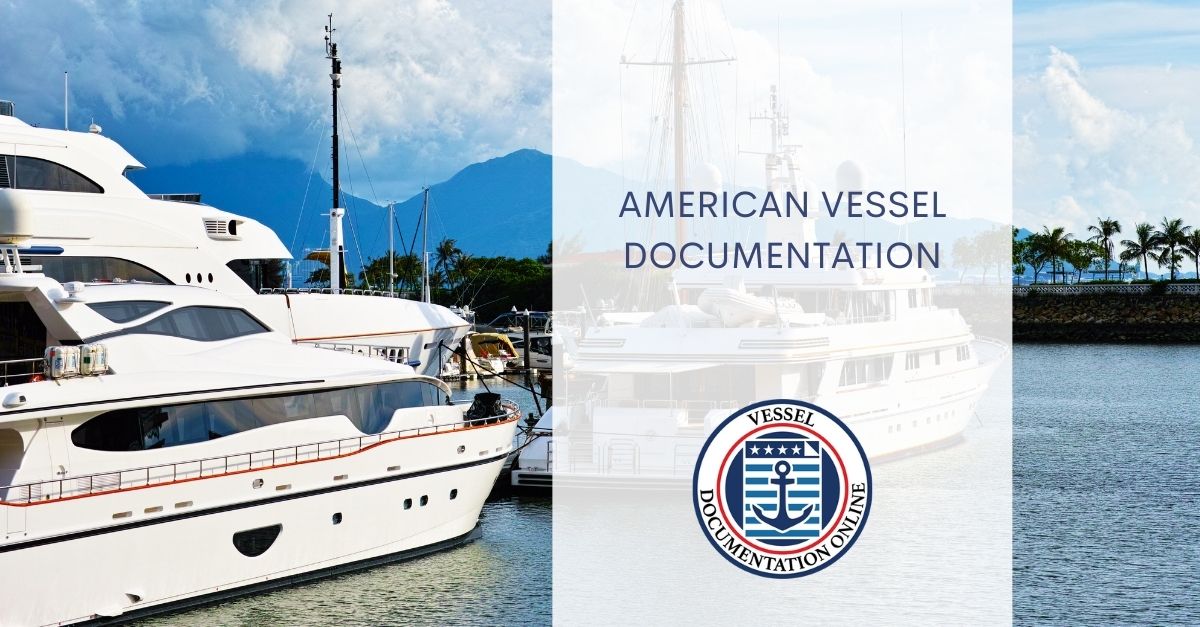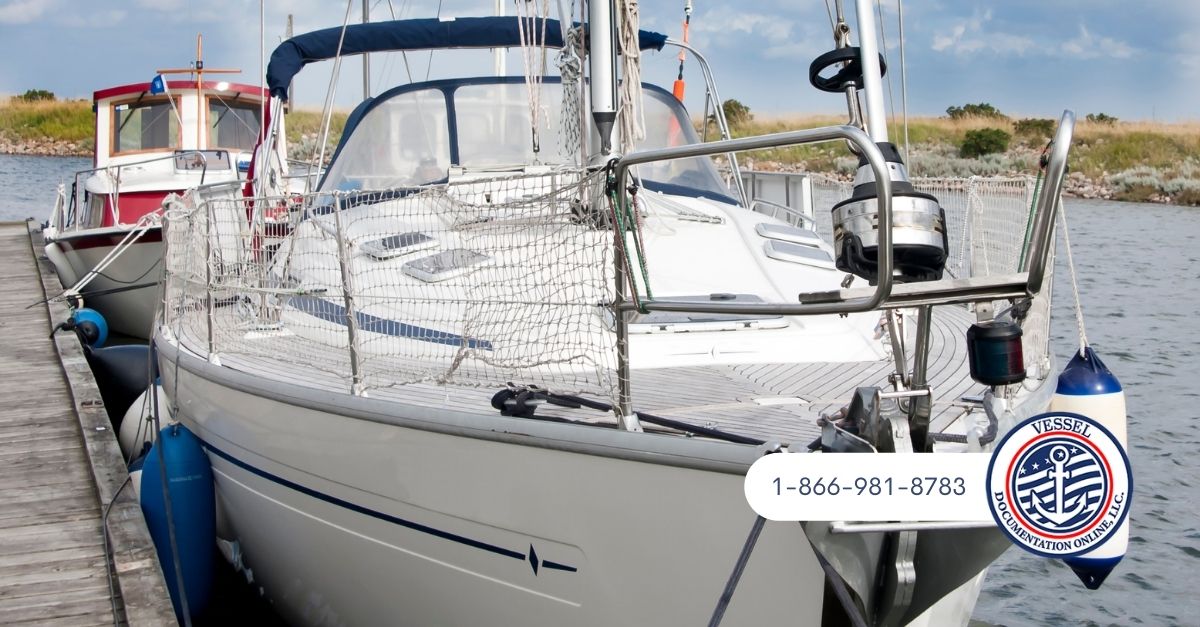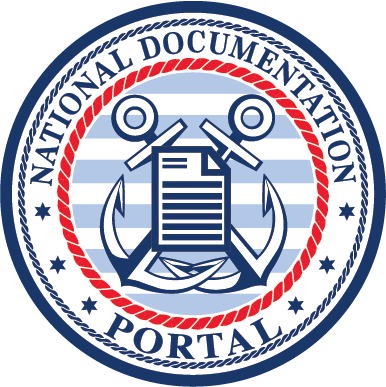
Whether you’re a professional fisherman, a small company owner just starting, or a recreational fisherman, you may find yourself in a position where you must decide whether or not to do your vessel documentation with the federal government.
Because most fishing boats weigh more than five tons, they must be recorded appropriately and comply with all applicable federal legislation to enforce fishing rules and regulations.
It is determined if a vessel is eligible to be documented under the Coast Guard’s rules for documented vessels based on the vessel’s ownership and operation criteria. A vessel owner’s eligibility for this documentation does not confer official recognition under United States law for the use of territorial waters or federal navigation channels.
But it does provide proof of ownership, and a means to obtain liability insurance protection and financing through bank security interests in a documented vessel.
What Is The Purpose Of Vessel Documentation?
For some boats exceeding a particular length, such as those used for cruising or doing commerce inside the United States’ territorial waters, you will almost certainly need Vessel Documentation from the United States Coast Guard.
Your knowledge of the International Requirements for Documentation (IRD) is likely limited to the fact that it applies to any vessel more than 24 meters in length that desire to enter US territorial waters. Vessels with a gross tonnage of more than five net tons must also fulfill these conditions to enter the SeaZone created by the International Maritime Organization (IMO).
Seafarers, ship-owners, and other stakeholders in the marine transportation business may seek assistance from the Vessel Documentation Center as they negotiate these requirements. In addition to providing a wide range of paperwork services ranging from vessel documentation to credentialing, we also offer international taxation, US Coast Guard vetting, and CHT Agreement verification.
In addition, we offer merchant mariner credentials (MM cards), administer tests, and give training to merchant mariners.
What Are The Requirements For Documentation?
The vessel’s ownership and citizenship must be established by filing and recording legally valid documents with the appropriate authorities. In order to qualify for a coastwise trade endorsement in the United States, documentation status, OUPV, or 100 Gross Tons must be established (GT). The following are the documentation requirements:
- Evidence of ownership – To document a vessel, you must demonstrate that you are the owner. Documented vessel transfer, documented trust, or majority ownership of another documented vessel are all acceptable methods of establishing ownership.
- Citizenship – the vessel must be documented in the name of a United States citizen
- Eligibility – the applicant for documentation must also meet the eligibility requirements for the endorsement sought, which may include citizenship and other documentary requirements.
According to federalregister.gov, the application process for vessel documentation in the United States is a multi-step process requiring some planning.
Last but not least, the requirements for qualification will differ depending on the type of documentation you are applying for and whether or not the vessel has previously been documented.
- RENEWAL
- CHANGE OF ADDRESS
- ABSTRACT OF TITLE
- INITIAL VESSEL DOCUMENTATION
- TRANSFER/EXCHANGE
- REINSTATEMENT
- CERTIFIED COPY (COD)
- REPLACEMENT (COD)
- DELETION (COD)
- CHANGE OF VESSEL NAME OR HAILING PORT
- CHANGE OF ENDORSEMENT/TRADE INDICATOR
- SATISFACTION/RELEASE OF MORTGAGE/LIEN
- PREF. SHIP MORTGAGE
- NOTICE OF CLAIM OF LIEN (NCL)
- MARAD SMALL VESSEL WAIVER
- FOREIGN VESSEL TITLE SEARCH REQUEST/TRANSCRIPT OF REGISTRY
- DOCUMENT UPLOAD
- VESSEL DOCUMENTATION SEARCH
- U.S. COAST GUARD VIDEOS
- F.A.Q.
What Has Changed?
The United States Coast Guard will require a documented vessel to have an expiration date of five years starting in January 2022. At that time, when the certificate comes up for renewal, you will only need to renew every five years instead of yearly as was previously necessary.
This should have a substantial impact on vessel prices and registration costs in the future since buyers and sellers will be able to correctly assess whether or not a vessel has a clear title. The USCG has a large number of boats that have been recorded.
The federal government documents many recreational boats, and many of these vessels are unaware that they must be documented by federal law.
It is vital to remember that the United States Coast Guard requires all vessels to carry evidence of ownership, which is referred to as a document.

Is A Documented Vessel Exempt From State Jurisdiction?
If you operate a documented vessel, you should be aware that some states may require the boat to be registered (in fact, proper documentation states that the ship cannot be registered).
In some states, it is permissible for the documented vessel to be voluntarily numbered and display that number on its side for identification.
The purpose of a vessel’s documentation is to provide the United States Coast Guard (USCG) with limited jurisdictional protection over vessels over which it has jurisdiction.
Vessels that are documented under the United States flag are exempt from state inspection laws, and USCG inspectors have the authority to board them at any time for safety or other reasons without prior notice.
The United States Coast Guard (USCG) issues vessel documentation, also known as “Cards,” according to USCG Regulation 33 CFR Part 67 and the United States of America laws.
Owners of recreational vessels are not permitted to operate their vessels in United States waters unless they have a National Vessel Documentation (NVD) card. Contact us at (866)-981-8783 if you have any questions about the American Vessel Documentation application process.


